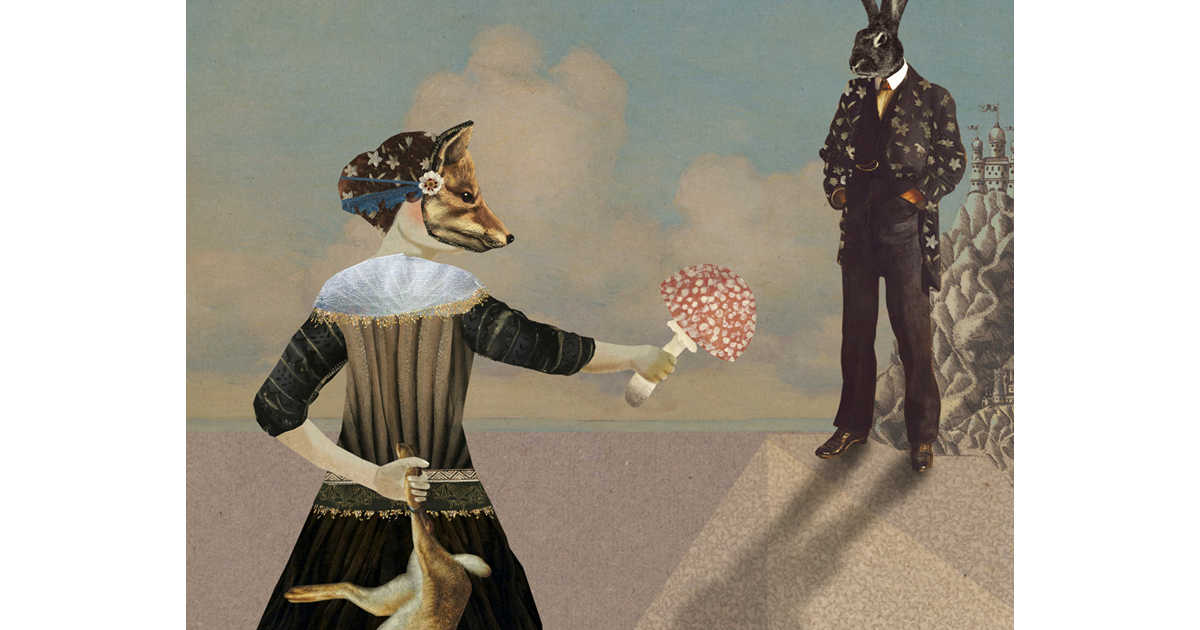“Confession of errors is like a broom which sweeps away the dirt and leaves the surface brighter and clearer. I feel stronger for confession.” Mahatma Gandhi
In a recent Krista Tippett interview with Elaine Pagels, Krista asked Elaine what great books she had recently read. One of them was A Confession by Tolstoy. I immediately purchased it on Kindle for $.99. It was the best buck I’ve spent in a long time.
As a relevant reference point, Tolstoy wrote War and Peace in 1869 and Anna Karenina in 1878. Apparently, in the 1870s, he experienced a profound moral crisis and spiritual awakening. In his book, A Confession (1882), he not only interpreted the ethical teachings of Jesus, but also wrote a scathing overview of religions in general. His work on the book caused him to become a fervent pacifist with strong ideas on nonviolent resistance. These ideas influenced Mahatma Gandhi and Martin Luther King Jr.
In this post, I will briefly review the conclusions Tolstoy shared in A Confession, his perceived choices, and the resulting contingencies or possibilities for life. He clearly “swept away the dirt and came out stronger.” The fact that Tolstoy experienced this transformation almost 150 years ago revealed to me that current trends have deep roots that may only now start blossoming. As a bonus, I will also review Salman Rushdie’s new book, Victory City, which explores these same ideas through magical realism.
Tolstoy’s Conclusions:
All religions are founded on questionable “truths” and are plagued after conception with multiple forms of corruption, e.g. manipulation, exploitation, limitation, etc. While religions provide people with a sense of community, comfort and clarity in their lives, they also thrive by instilling a sense of certainty that adherents’ beliefs are infallibly right and represent the only true way. They foster exclusivity at the expense of exploration. The rituals and routines of religion translate into traditions designed to calm your cares and navigate your neuroses. Religions are particularly beneficial to people who are barely able to survive the demands of the their stressful day to day tasks. For rich elitists, however, religion serves another purpose: to justify their self-indulgent lifestyles. Religion helps aristocrats rationalize their meaningless lives by convoluting empty actions into noble virtues.
Tolstoy’s Choices:
Given those conclusions, according to Tolstoy, people are left with four choices: Willful ignorance, the pursuit of pleasure, the hopelessness of truth, or endless justification of a meaningless life. Pretty bleak choices indeed.
One way to avoid the truth is to simply put your head in the sand and ignore it. People who choose ignorance typically hate those who base their lives and decisions on history, science, mathematics, etc. For example, they tend to dismiss people who support DEI, CRT, or climate science as “Woke.” Doing the work of deep exploration and investigation is not necessary if you subscribe to an ideology that conforms with the set of beliefs dictated by your respective religion or nation. Thus, in some ways, ignorance offers an easy alternative to honest work. To me, it’s just a lousy way to live.
The pursuit of pleasure or “happiness” is another lifestyle choice. Spending all your time searching for the next emotional high or sensual delight provides a continuous distraction for doing the work of growth and development. For example, the search for drugs and sex has far more appeal than the grueling search for truth. Clearly, the hedonistic, self-indulgent lifestyle attracts a good share of the world. Tolstoy called this the epicurean choice. Tempting, but not for me. Well, not as an only choice. Haha.
When Tolstoy was going through his crisis, he landed fully on option 3 – fully confronting the truth and feeling hopelessly distraught as a result. At that point in his life, Tolstoy believed that confronting the truth was the only viable option for him. Unfortunately, the inevitable consequence, as he understood it at the time, was to commit suicide. If there is no meaning in life, he concluded, the strongest and most honest response was to kill yourself. He was clearly on the brink of that cliff for several years of his life. If his conclusions about religion and life were correct, then he felt his only choice was to end his life. Why continue to exist if life is meaningless?
Before I turn to what changed his mind, let me summarize the fourth option – keep on living through continuous denial and justification. This option is less about ignorance and hedonism and more about rationalization. A person could be deeply informed, not obsessed with desires, open to facts and still conjure up some sense of meaning in their lives. This option requires a person to face reality AND to find a sense of purpose in their life. If you believe Tolstoy’s conclusions, however, that option is hard to hang onto – you have to own the truth and pretend there may be more to life than there really is given its finite probabilities.
Tolstoy’s Contingencies
So, how did Tolstoy break out of this death-inducing quagmire? A big question!!! Essentially, in my understanding, he realized that meaning can be found beyond space and time. Finding meaning was contingent upon the ability to focus on the infinite. If my reality is limited to the constraints of my time on earth and my grounding here, then tuning into expansive possibilities will be fairly impossible. Tolstoy also came to the conclusion that love comes from the union of community and that love provides sufficient meaning in itself. Further, by expanding his horizons and tapping into universal energy, he was able to connect with a Source and Force that sustained him. THIS all makes sense to me: Focus on the infinite, tune into possibility, open to love of and in community, and connect to a sustaining Source and Force. Seems like a good fifth option to me. Thanks Tolstoy.
After reading Confessions, I hit the jackpot at our local library by stumbling across Salman Rushdie’s new book, Victory City, published in 2023, which had just been placed on their shelves. I didn’t even need to spend a buck to get it!
Rushdie’s fictional account (although based on a true story) took place in 14th and 15th century India. As is the case with many of Rushdie’s books, religion and nationalism are at the forefront of Victory City and drive most of the narrative throughout the novel. Victory City is a kingdom founded on pluralism but failing to live up to its ideals. Sound familiar? Rushdie’s obsession with gender issues, national identities, and the importance of having an open mind and generous spirit is boldly revealed here. The values of peace, equality, justice, and inclusivity sing strong chords in this miracle story. I wish more of the world shared these obsessions.
Victory City is set in an imaginary, magically created city in India. The heroine, Pampa Kampana, who lives for 247 years, is constantly confronted by the hierarchical and debauched needs of men who keep making stupid decisions that lead to conflict and war. Like many of his novels, it is a commentary on the political development of a distant past that has stunning resemblances to our current situation. Rushdie obviously loves story, comedy and dreams as well as creating fresh images for new living, learning, working and governing possibilities. As he says, “None of this is true; all of it is true enough.” Highly recommended.
Both Tolstoy and Rushdie address the problem of “spiritual purity” – the insistence on having the only right belief. Tolstoy does it through his confession. Rushdie reveals his obsession with the same point through brilliantly crafted, magical realism. Even though one story took place in 14th and 15th century India, and the other took place in 19th century Europe; both described the psychodynamics and political undercurrents occurring in the 21st Century World. They both show dramatically how “one right belief” undermines the pluralism of foundational principles. I’m hoping that the wisdom of these two brilliant writers rekindles our commitment to peace, pluralism, and principles. If more people had Tolstoy’s moral clarity and Rushdie’s generosity and openness, then perhaps we could come together for the good of all.
At 3:00AM this morning, still wrestling with these ideas, I came up with a summary that you may find useful:
If you believe that religion and nationalism are:
- Mythological
- Manipulative
- Exploitative
- Oppressive
Then, your choices are to be:
- Ignorant
- Hedonistic
- Self-justifying
- Suicidal
Unless, you can
- Free yourself from the constraints of time, space, conventions and traditions
- Open your mind and heart to fresh possibilities
- Love yourself, others, and Nature
- Connect to a higher Source and Force
May you find freedom, openness, possibilities, love, and connection in your life.
Also published on Medium.




Outstanding Ricky! Thank you